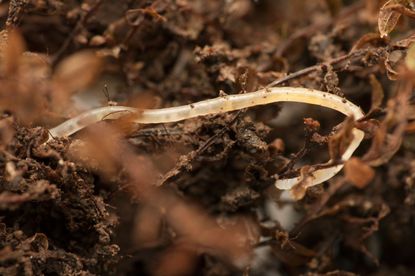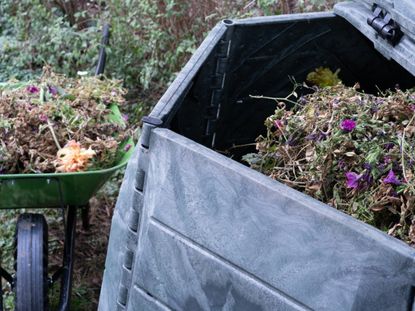Composting
Composting is the way to turn your kitchen and garden scraps into pure gold for your garden. The payoff is huge, but it does take some know how to get it right. We've got vermicomposting, compost use and maintenance, manure composting, and what you can and can't add to your compost pile.
Explore Composting
-
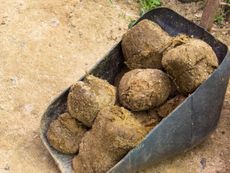
What Is Exotic Manure: Where To Get Zoo Manure For Garden Use
Gardeners have known the value that well-composted animal manure adds to the soil and health of plants. But what about exotic manure? Read this article to learn about using zoo manure compost.
By Susan Patterson
-
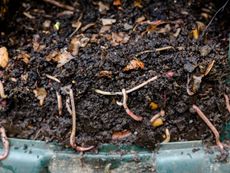
Problems With Vermicomposting: How To Deal With Vermicompost Issues
Vermicomposting is the practice of using red worms to help break down food waste. Learn how to deal with vermicompost issues in this article to ensure success with your worm composting endeavor.
By Bonnie L. Grant
-
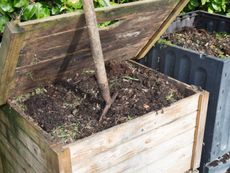
Compost Enhancing Bacteria: Information On Beneficial Bacteria Found In Garden Compost
Most bacteria found in compost are responsible for breaking down organic matter. As such they are considered beneficial and necessary for healthy compost. Read this article to learn more.
By Susan Patterson
-
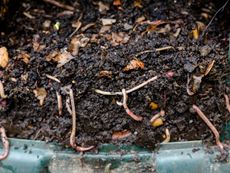
Worm Composting Bins - Learn How To Make Your Own Worm Bins
There are many types of worm bins for purchase, but you can also make your own worm bins. Read this article to learn more about using worm bins for vermicomposting and how to make your own.
By Bonnie L. Grant
-
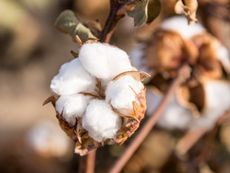
Composting Gin Trash - How To Compost Cotton Gin Trash
Once completely composted, cotton gin trash is a valuable soil amendment. What is cotton gin trash? Read this article to learn more about this natural material and the wonderful nutrients it has to offer.
By Bonnie L. Grant
-
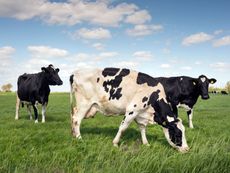
Cow Dung Fertilizer: Learn The Benefits Of Cow Manure Compost
Cow manure, though great for the garden, needs to be composted prior to its use as fertilizer. Composting cow manure has several benefits. Learn what these are and how it's done in this article.
By Nikki Tilley
-
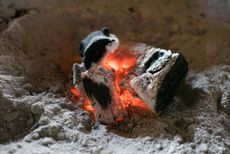
Learn More About Using Ashes In Compost
Since ashes do not contain nitrogen and will not burn plants, they can be useful in the garden. Read this article to learn more about the do's and don'ts of using ashes for plant health.
By Nikki Tilley
-
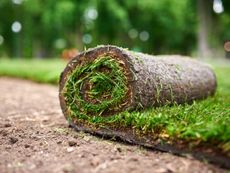
Lasagna Composting - How To Layer Sod For A Lasagna Compost Garden
Sod layering, like lasagna composting, is an easy way to break down grass and turn the area into a planting bed. Learning how to layer sod in compost is simple. Read the following article to learn more.
By Bonnie L. Grant
-
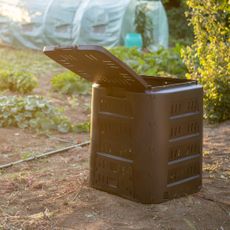
Best Compost Bins: Tips For Choosing The Perfect Compost Bin
By Susan Patterson
-
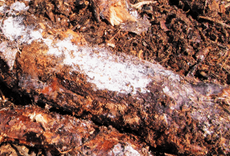
What Is Actinomycetes: Learn About Fungus Growing On Manure And Compost
White fungus in compost bins is a common sight when actinomycetes are present. What is actinomycetes? This is a fungus-like bacterium, which works as a decomposer, breaking apart plant tissue. Learn more in this article.
By Bonnie L. Grant
-
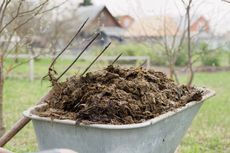
The Benefits Of Manure Compost In Your Garden
Using manure compost in the garden has numerous benefits, keeping plants healthy and green. One of the best ways to use manure is by mixing it in with compost. This article explains how.
By Nikki Tilley
-
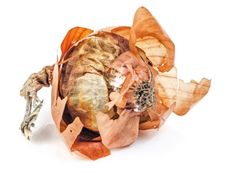
Can You Compost Onions: How To Compost Onion Peelings
By Amy Grant
-
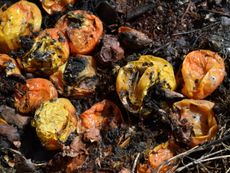
Composting Tomato Plants: When To Compost Tomatoes
Should you compost tomatoes? Learn about the pros and cons of composting tomato plants in this article and the best way to compost these plants should you choose to do so in your garden.
By Susan Patterson
-
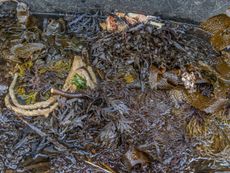
Using Seaweed For Compost: Learn How To Compost Seaweed
Composting seaweed for use as a home garden amendment is cheap and easy, especially if you have access to it. Use this article to take advantage of the benefits of using seaweed in compost.
By Amy Grant
-
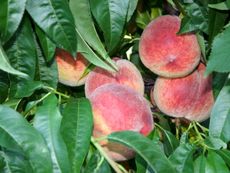
Adding Hair To Compost: Types Of Hair For Composting
Many things can be composted, but can you compost hair? Yes, you can, and it?s actually not that difficult. For more information on composting hair to use in the garden, read this article.
By Anne Baley
-

Can You Compost Diapers: Learn About Composting Diapers At Home
Disposable diapers account for over 7.5 billion pounds of garbage each year, and that?s just here in the U.S. But composting diapers may help reduce this landfill trash. Read this article to learn more.
By Anne Baley
-
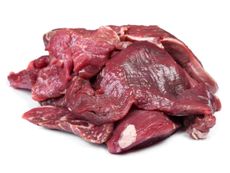
Composting Meat: Can You Compost Meat Scraps
Most organic materials can be composted safely, but the question of whether to compost meat does come up. The following article has tips on composting meat so you can make the right choice for your situation.
By Amy Grant
